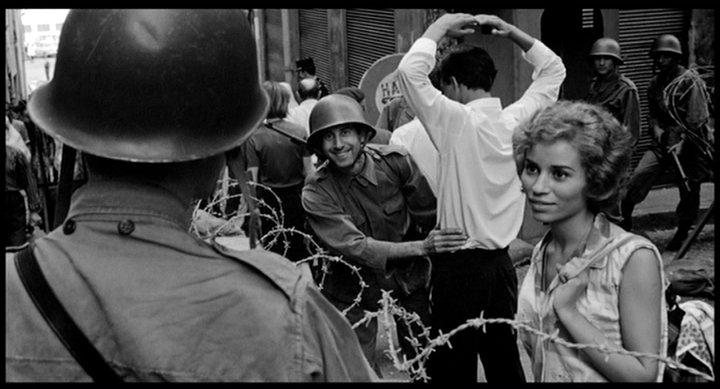After watching the documentary Citizenfour directed by Laura Poitras, I could not stop thinking. I love a movie that even though after it’s over, I am still constantly thinking about lines that were said, images that I saw, and so on. Laura did a great job in really grabbing the audience’s attention in the opening scene and every time she was talking to Edward Snowden over the computer, we would see the typing go across the screen and felt like we were involved in the situation. I loved how we would go from very intense music and a black screen with a few words to a very casual conversation with Snowden in a hotel room or him shaving his face while his name is being said all over the news. I felt like having this difference gave realism to the situation and when he was telling us his story, we were completely focused on what he was saying rather than something else.

I thought this film felt more like a cinematic thriller than anything else, just using real people and real events. BMuch of the footage she used helped keep us on our toes even though we already knew the outcome of the film. For example when she implemented the scene with the fire alarm, in many ways for me and I’m sure her audience as a whole, I felt nervous and anxious for Snowden. This type of immersion added an extra flare of excitement and overall enjoyment of the film because rather than absorbing shocking facts, I was able to experience past events in real time and see how their clandestine meetings ultimately led to a global outcry. Although in many ways the film could be seen as bias, I still thoroughly enjoyed its duration, mostly because I felt as though I was a top secret government documentary.